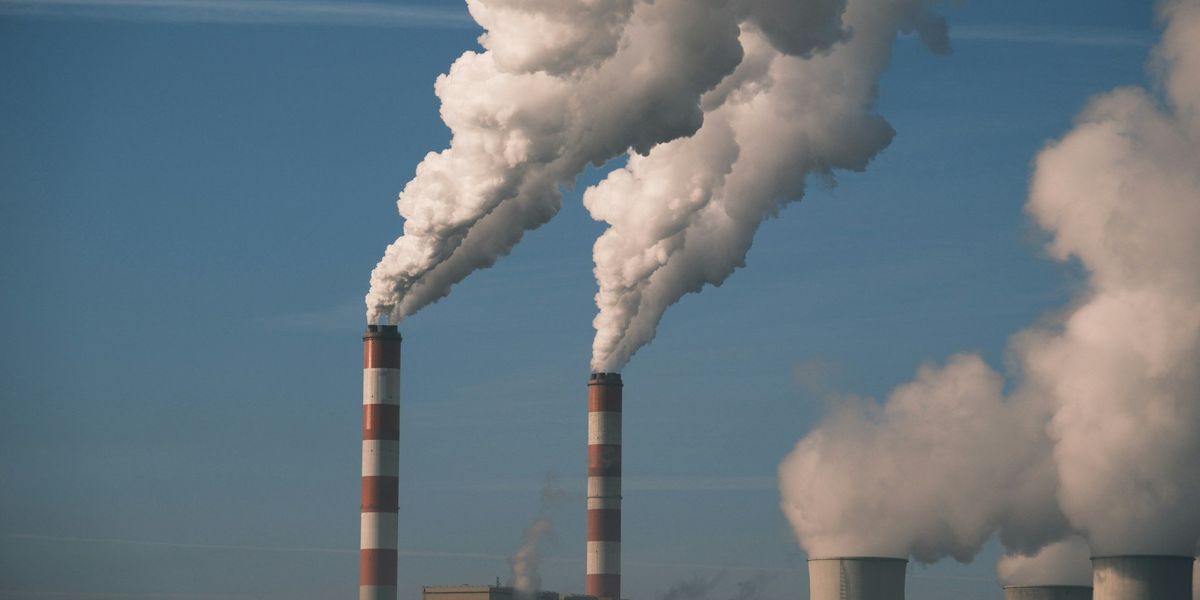
EPA moves to erase power plant emissions rules, claiming climate impact is too small
The U.S. Environmental Protection Agency is preparing to strike down greenhouse gas limits for fossil-fueled power plants, arguing their emissions aren’t a significant threat despite overwhelming scientific consensus to the contrary.
Lisa Friedman reports for The New York Times.
In short:
- Internal EPA documents reveal a plan to repeal all federal limits on greenhouse gas emissions from coal and gas plants, reversing Biden-era rules that required carbon capture and cleaner technologies.
- The agency claims U.S. power plant emissions — though making up about 25% of domestic greenhouse gases — are too minor globally to justify regulation, despite emitting more than most countries.
- Critics warn the move could gut the legal foundation for federal climate rules, entrench deregulation, and block future efforts to reduce emissions.
Key quote:
“It flies in the face of common sense and puts millions of people in harm’s way to say the single largest industrial source of carbon dioxide in the United States is not significant.”
— Vickie Patton, general counsel, Environmental Defense Fund
Why this matters:
The idea that coal and gas plants don’t “significantly” affect climate change is not just scientifically unfounded — it’s a political fantasy. The Trump administration has been relentlessly eliminating policies aimed at slowing climate change. If finalized, this move won’t just weaken climate action; it’ll be a crucial part of the administration's plan to redefine what the EPA is even for.













